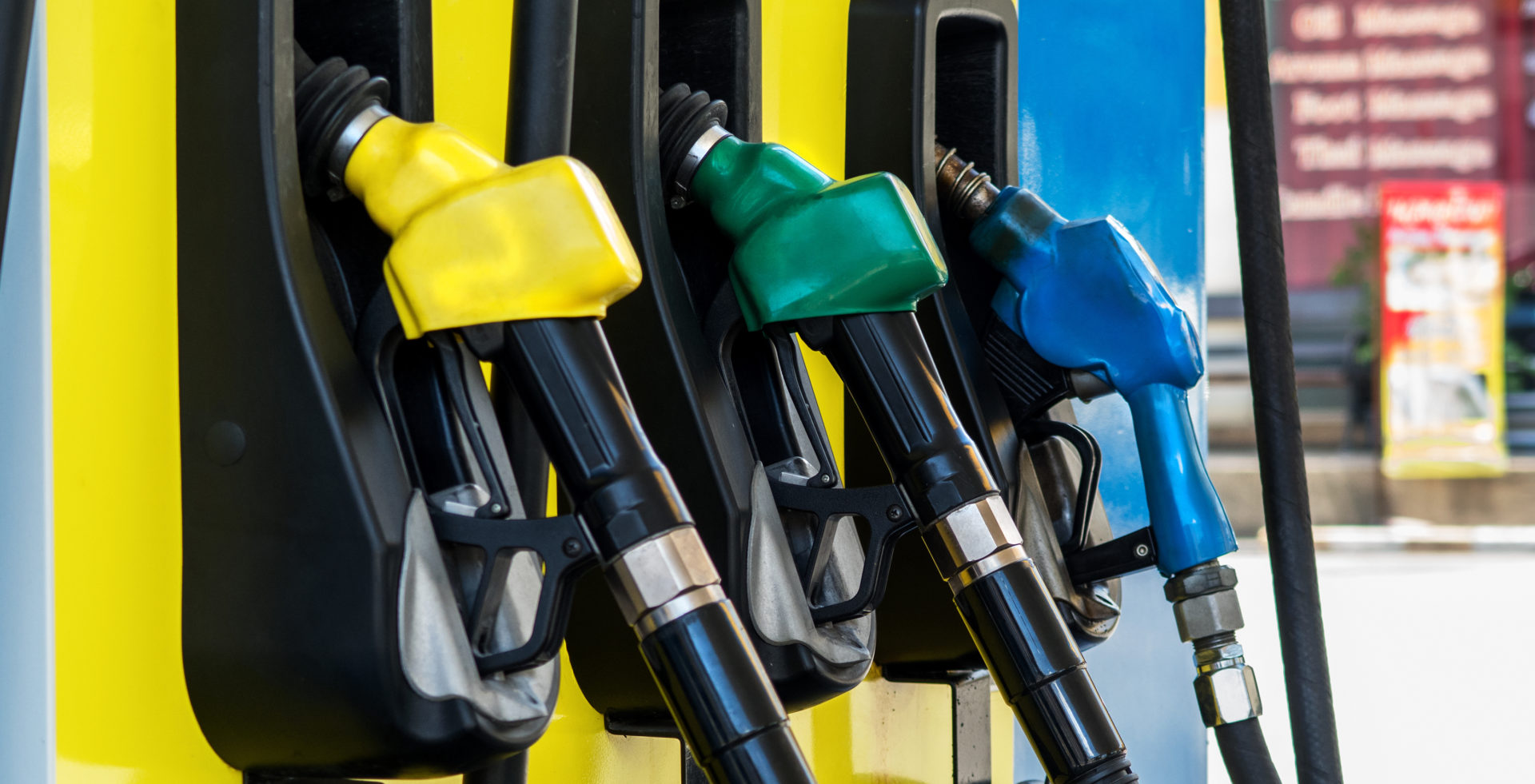FedEx Improves Fuel Efficiency
The key to FedEx’s future is continued improvements in efficiency. Customers look to FedEx to handle shipment, logistics and delivery better than competitive alternatives. One challenge for FedEx is controlling fuel costs including jet fuel, diesel and gasoline.


